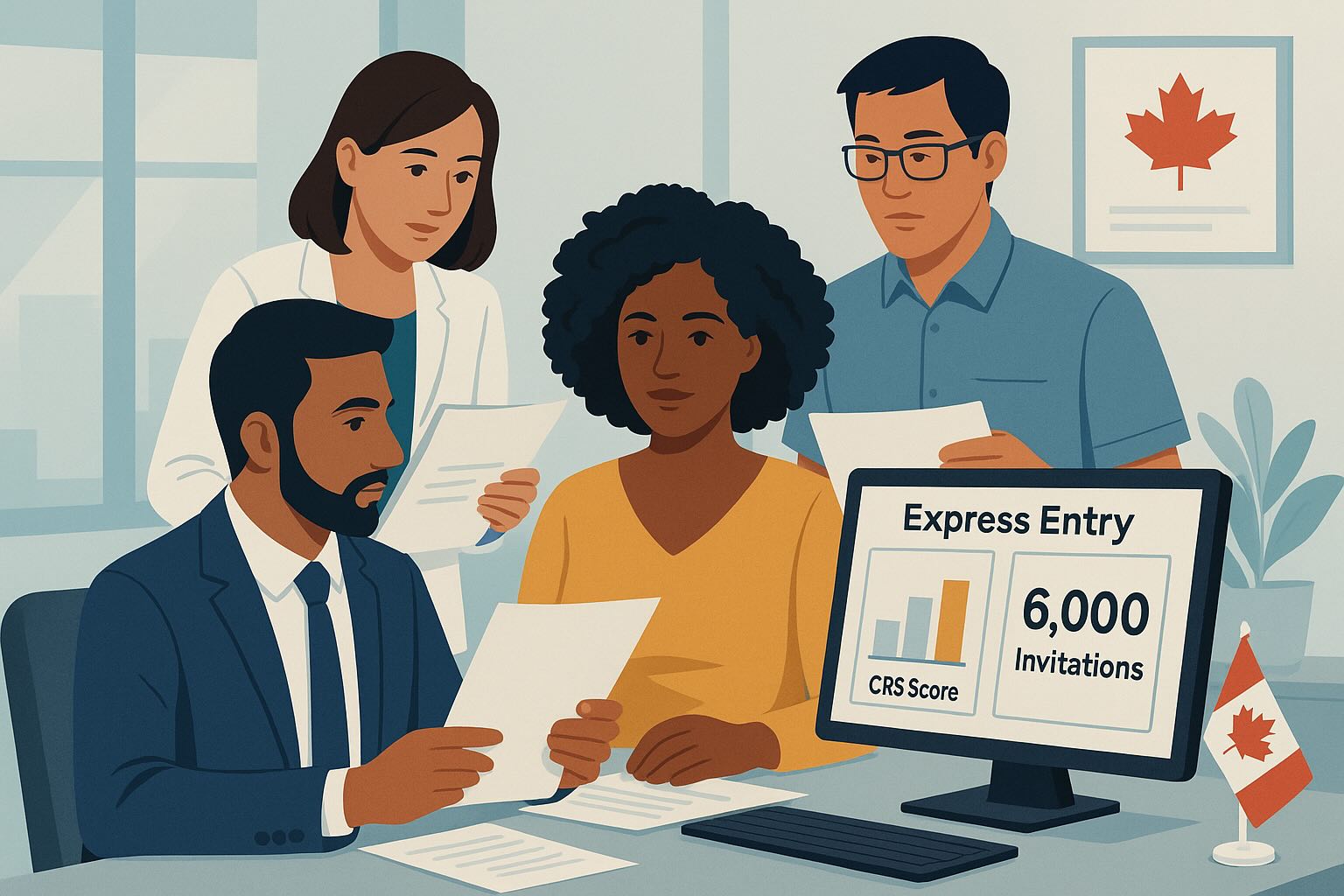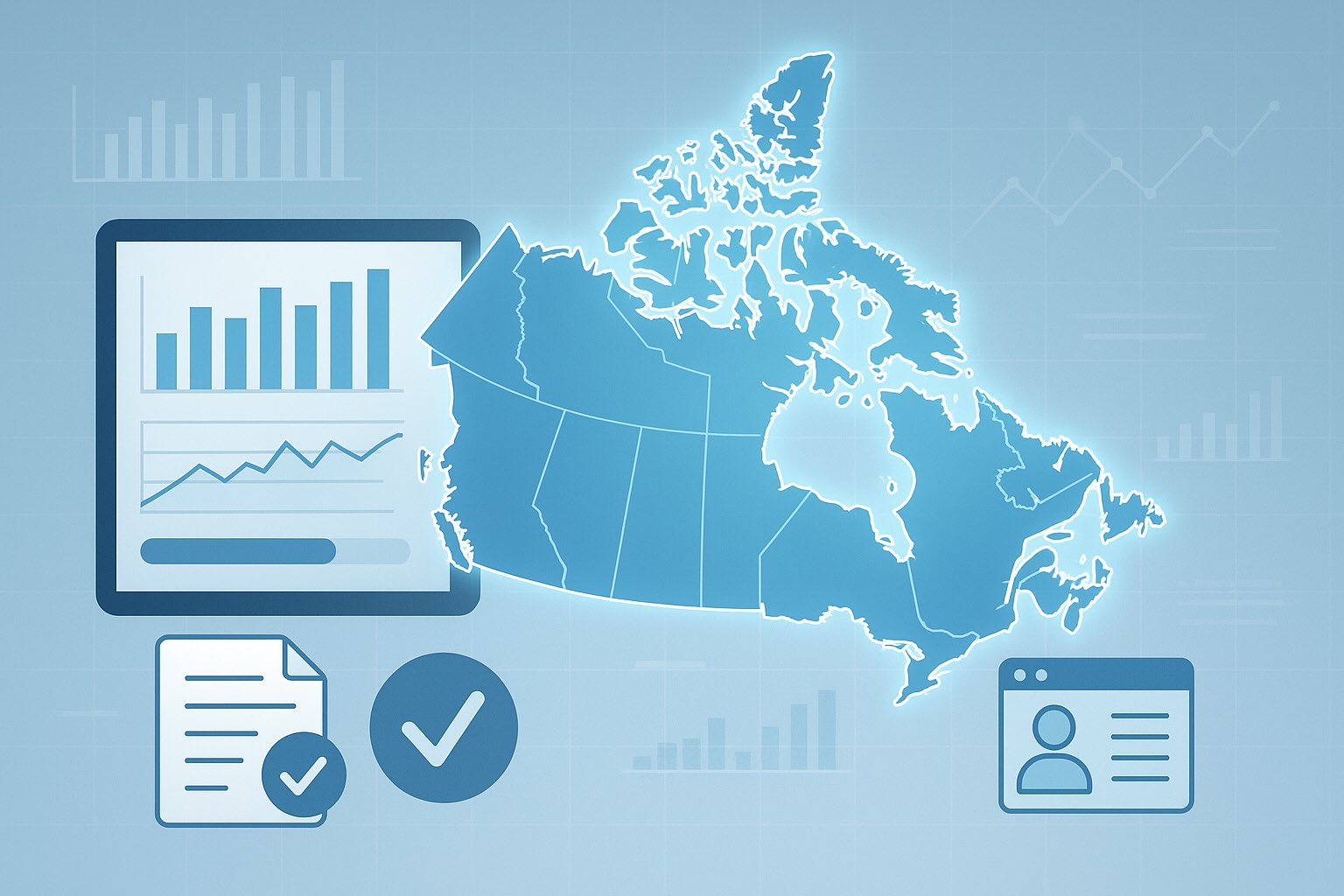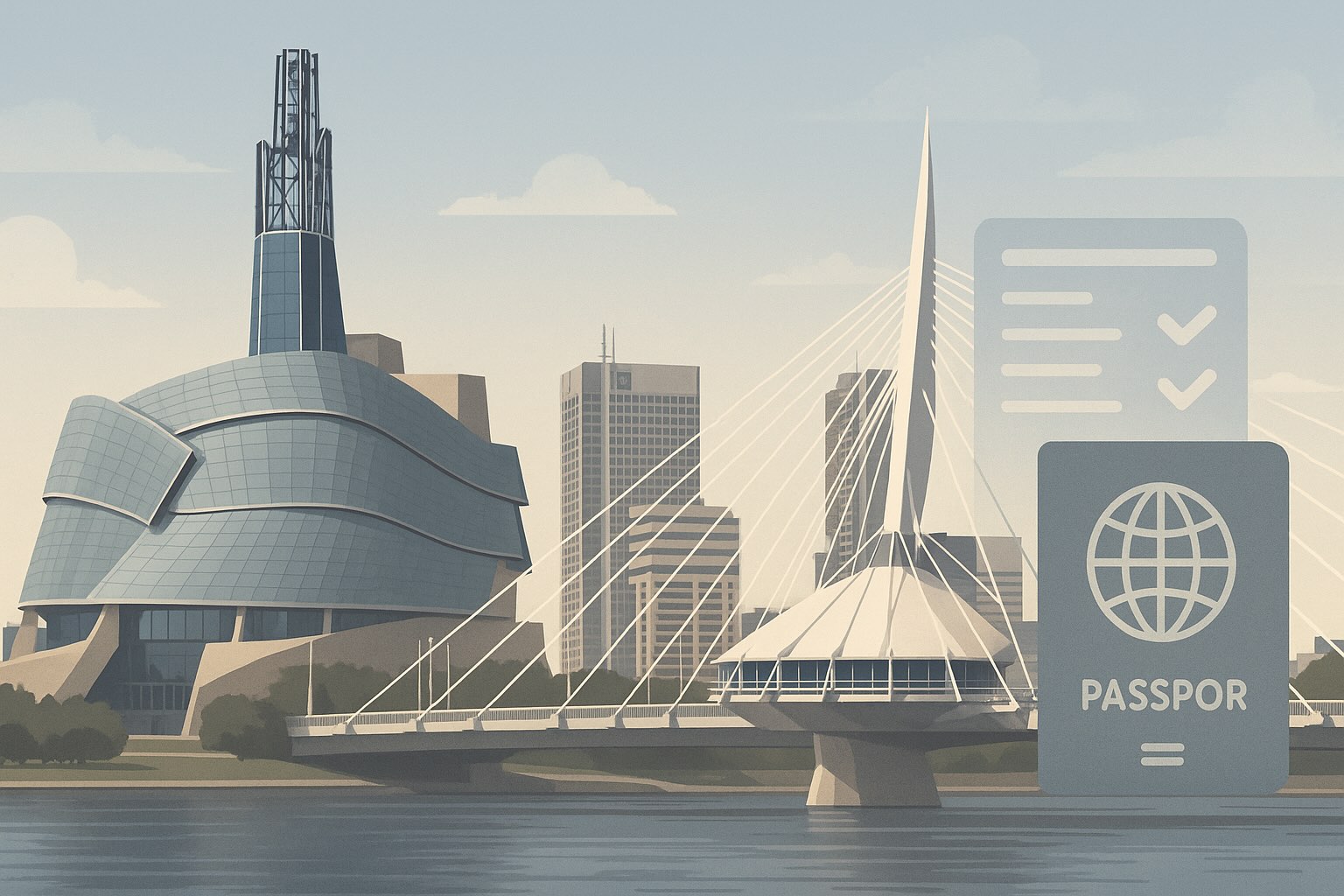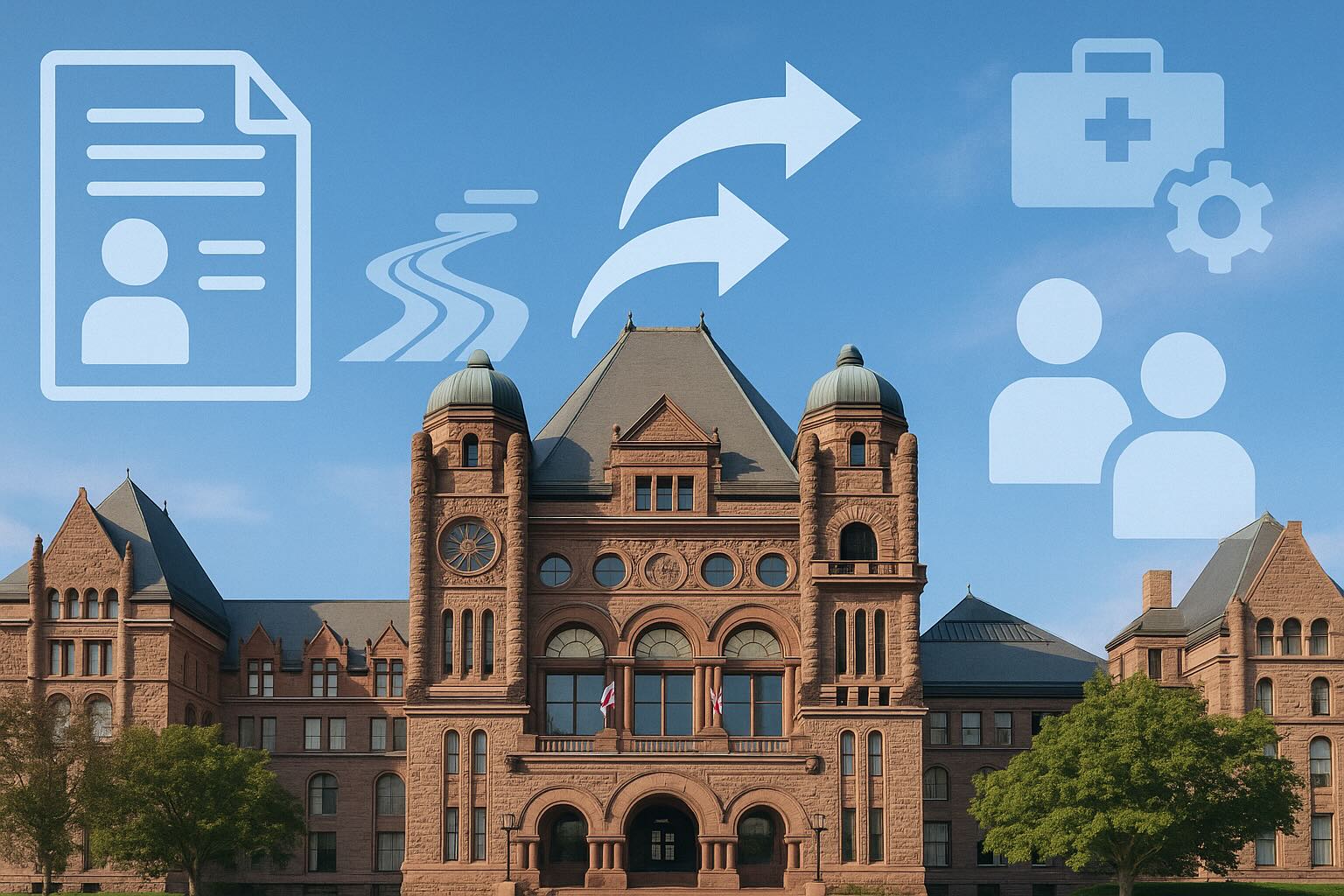The Canada study permit policy is undergoing new changes aimed at further attracting international talent. According to the latest news, Immigration, Refugees and Citizenship Canada (IRCC) has removed the field of study restrictions for College Bachelor's Degree graduates applying for a Post-Graduation Work Permit (PGWP). This means that College Bachelor's Degree graduates who were previously subject to major restrictions will now, like other University Bachelor's Degree graduates, no longer need their field of study to be related to areas of shortage in the Canadian labor market in order to apply for a PGWP.
Previously, University Bachelor's Degree graduates were exempt from this major restriction, while College Bachelor's Degree graduates were required to meet the requirement that their field of study align with labor market needs. This regulation came into effect for college graduates who submitted their first study permit application after November 1, 2024. Now, as of March 2025, this restriction has been lifted.
However, it is important to note that this policy change only applies to College Bachelor's Degree graduates. Graduates from other colleges, polytechnics, or non-university programs must still meet the field of study requirements to apply for a PGWP. Similarly, university graduates from non-bachelor's, master's, or doctoral programs are also subject to this requirement.
In addition, all graduates who submit a PGWP application on or after November 1, 2024, must still meet the new language proficiency requirements. Specifically, graduates with bachelor's, master's, and doctoral degrees must achieve a Canadian Language Benchmark (CLB) or Niveaux de compétence linguistique canadiens (NCLC) level of 7, while graduates of other university or college programs must achieve a level of 5.
Who is still not eligible for a PGWP?
IRCC clarifies that graduates in the following situations are still unable to apply for a PGWP:
- Individuals who have already obtained a PGWP;
- Individuals studying English or French as a second language;Individuals participating in general interest or self-improvement courses;
- Individuals receiving funding or scholarships from Global Affairs Canada that require them to return to their home country after graduation;
- Individuals who completed more than 50% of their study program through distance learning (i.e., online courses) and are not protected by COVID-19 distance learning measures;
- Individuals who completed a study program at a non-Canadian institution located in Canada;
- Individuals who completed a program that is not eligible for a PGWP (including programs offered under a curriculum licensing agreement).
Why were major restrictions implemented?
IRCC began implementing field of study restrictions in late 2024 to align with other related policies in order to address domestic housing pressures and affordability issues, further limit the number of people entering Canada, and reduce the number of temporary residents (work and study permit holders).
In addition, the introduction of major restrictions for the PGWP is also intended to align the issuance of PGWPs with key industries in the Canadian economy that require trained workers. The key industries identified by IRCC are divided into six categories: agriculture and agri-food, education, healthcare, science, technology, engineering and mathematics (STEM), trades, and transportation. These education categories also echo the occupational categories used by IRCC for category-based selection of Express Entry candidates.
In conclusion, while this policy adjustment is good news for some College Bachelor's Degree graduates, international students still need to carefully study the relevant policies and ensure that they meet all the application requirements in order to successfully obtain a PGWP and achieve their goal of immigrating to Canada when planning their study abroad and immigration pathways.









